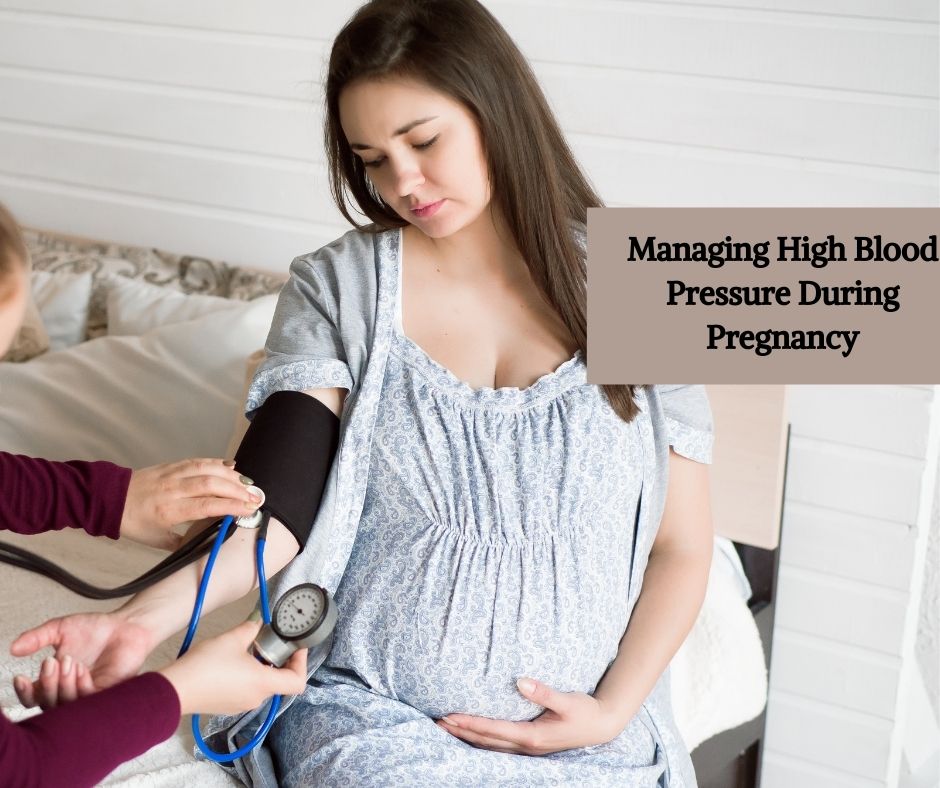High blood pressure during pregnancy, also known as gestational hypertension, can affect both the mother and the baby. While genetics, physical inactivity, and excess body weight are contributing factors, dietary habits also play a significant role. Health experts continue to explore the relationship between pregnancy-related hypertension and nutrition, but several guidelines are already in place to support better maternal health outcomes.
Understanding the Role of Diet in Blood Pressure
Consuming excessive amounts of sodium is one of the primary triggers for elevated blood pressure. Processed and packaged foods often contain hidden salts, making it important to be mindful of daily intake. International recommendations suggest limiting sodium consumption to just 2 grams a day—equivalent to one teaspoon of table salt—to help regulate blood pressure levels.
Besides cutting back on salt, following a well-balanced meal plan rich in vegetables, fruits, whole grains, and lean proteins can be highly beneficial. Foods rich in potassium, magnesium, and calcium also help balance blood pressure. Cooking methods such as steaming, baking, and grilling are preferred over deep-frying or heavy seasoning with commercial sauces.
Lifestyle Habits That Support Heart Health
Pregnancy is a time when lifestyle adjustments can make a meaningful impact. Staying active with gentle, doctor-approved exercises, avoiding alcohol and tobacco, and getting sufficient sleep all help maintain stable blood pressure. Reducing caffeine intake is also advised, as excessive amounts can elevate heart rate and raise blood pressure levels.
Keeping a healthy weight throughout pregnancy can support heart function. A stable Body Mass Index (BMI) is associated with fewer complications during delivery and better outcomes for the baby. Weight management through nutrition and activity is a reliable way to reduce the likelihood of hypertension-related concerns.
Types of Hypertension in Pregnancy
There are several forms of hypertension that can occur during pregnancy:
- Gestational Hypertension: Often temporary and develops after the 20th week of pregnancy. It usually resolves after childbirth.
- Chronic Hypertension: May be pre-existing or diagnosed early in pregnancy. It can persist beyond delivery and may require ongoing care.
- Preeclampsia: A more severe form that can affect organs such as the kidneys and liver. It requires immediate medical attention and is closely monitored due to risks like fetal growth issues and early delivery.
Although medication is often required to manage these conditions, eating habits still support overall well-being and can complement medical treatment.
Conclusion
Adopting a nutritious, low-sodium diet alongside healthy living practices can contribute to the management of high blood pressure during pregnancy. While research continues to explore the direct links between food and gestational hypertension, current evidence supports a balanced approach to eating. Regular monitoring, a tailored meal plan, and guidance from a healthcare provider form a solid foundation for maternal and fetal health.
Important Note:
Before making any significant changes to your health, it is always advisable to consult with your doctor or healthcare professional. They can offer personalized guidance based on your medical history and current health condition.
For any health-related concerns, please contact us at +91-9058577992 to receive a free consultation from our experienced doctors. Your health is our top priority. Thank you.

